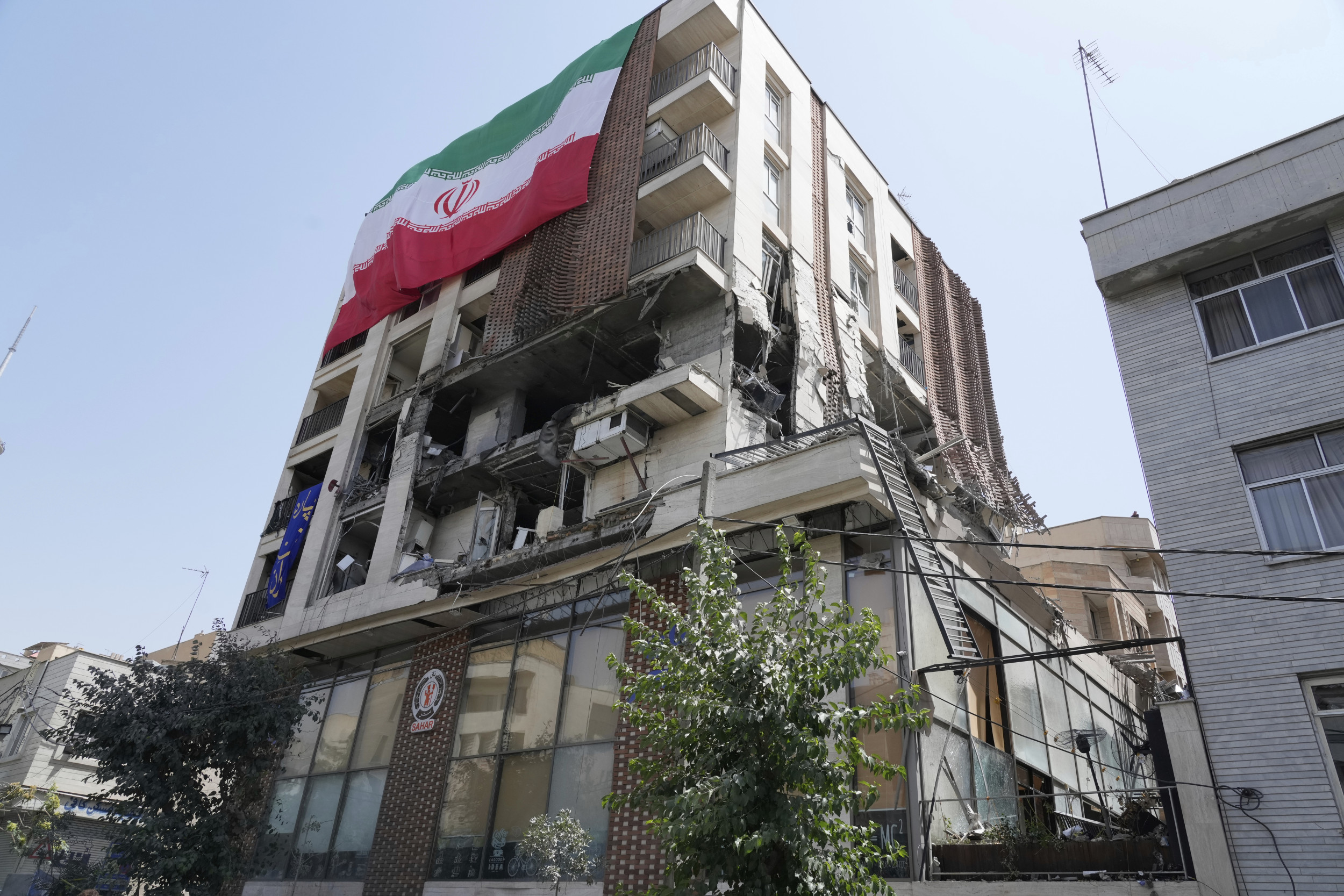Iran-Iraq War - Causes And Consequences
For nearly a decade, a bitter conflict unfolded in Southwestern Asia, leaving a profound mark on the region and, quite frankly, shaping the modern story of two significant nations. This particular struggle, often called the Iran-Iraq War, wasn't just a clash of armies; it was, in a way, a collision of differing visions, deeply rooted histories, and, so, fresh political shifts. It truly reshaped the very fabric of life for millions, changing how they saw their neighbors and their place in the wide world, creating a legacy that, you know, still resonates.
The ripple effects of this long and bloody confrontation spread far beyond the immediate battlefields. You see, the decisions made and the sacrifices endured during those years continue to influence the political landscape, economic conditions, and, as a matter of fact, the cultural narratives of both Iran and Iraq even today. It's almost as if the past, in some respects, never truly leaves us, always whispering its lessons and its scars into the present moment, affecting how nations, you know, interact with each other.
To truly grasp the lasting echoes of this period, it helps to look at the unique character of Iran itself, a country with a rather old and distinct identity. Its revolutionary transformation, its deep cultural roots, and its geographic setting all played, you know, a part in both the start of this conflict and its long-term outcomes. We'll explore these threads, trying to piece together how Iran's specific traits, as I was saying, contributed to such a significant historical event and its subsequent effects on the nation.
Table of Contents
- Why did the Iran-Iraq War Begin?
- How Did Iran's Identity Influence the Iran-Iraq War?
- What Were the Lasting Effects of the Iran-Iraq War?
- The Ongoing Echoes - What Does the Iran-Iraq War Mean Today?
Why did the Iran-Iraq War Begin?
To understand the start of the Iran-Iraq War, it's helpful to consider the very nature of Iran at that time. Iran, a nation considered a cradle of civilization, had just undergone a massive shift, transforming into an Islamic Republic. This wasn't just a change in leadership; it was a fundamental reshaping of its entire government and, you know, its guiding principles. This new identity, rooted in a particular interpretation of Islam, created a very different neighbor for surrounding countries, especially Iraq. The old order was gone, replaced by a system where ultimate political authority rested with the highest religious leadership. This profound change, quite frankly, sent ripples of concern and, in some respects, outright alarm across the region, making the political atmosphere, you know, quite tense.
The New Shape of Iran and War Causes
Before this big change, Iran was, in a way, a different kind of power in the area. But with the establishment of an Islamic Republic, its foreign policy and its very outlook on the world shifted dramatically. This new government, with its theocratic leanings, became a source of tension with Iraq, which had a more secular, though still complex, political system. The very nature of Iran, now a constitutional Islamic republic, was seen by its neighbor as a direct ideological challenge. The system where ultimate political authority was, you know, vested in the highest religious authority, the Supreme Leader, presented a stark contrast to the existing order in the region. This ideological divide, a bit like two different ways of seeing the world, was, frankly, a significant underlying factor that contributed to the growing friction, making the situation, in a way, ripe for conflict.
The new government in Tehran, the nation's capital and largest city, was also a financial center, but its focus had shifted. The revolutionary fervor meant that the country was looking inward, yet also outward with a new kind of message. This message, based on its specific Islamic interpretation, was seen by



Detail Author:
- Name : Horacio Rutherford DVM
- Username : geovanni61
- Email : fjacobs@heathcote.biz
- Birthdate : 1970-03-10
- Address : 30506 Renner Ville Apt. 098 Considineberg, MD 41763-8521
- Phone : (470) 266-4296
- Company : Thiel-Volkman
- Job : Optometrist
- Bio : Qui unde expedita fugit sit et ratione excepturi. Est ut omnis molestias cumque id. Et fugit quam sint error animi et. Pariatur modi maxime impedit quia. Et voluptas est maiores vel.
Socials
instagram:
- url : https://instagram.com/fadelk
- username : fadelk
- bio : Tenetur et eligendi blanditiis est et et. Esse et rem quo perspiciatis.
- followers : 6135
- following : 879
linkedin:
- url : https://linkedin.com/in/krystel3282
- username : krystel3282
- bio : Enim non architecto minima est nostrum.
- followers : 2963
- following : 2746
tiktok:
- url : https://tiktok.com/@krystel_fadel
- username : krystel_fadel
- bio : Qui amet molestiae neque ipsa ad et laboriosam.
- followers : 1991
- following : 2718